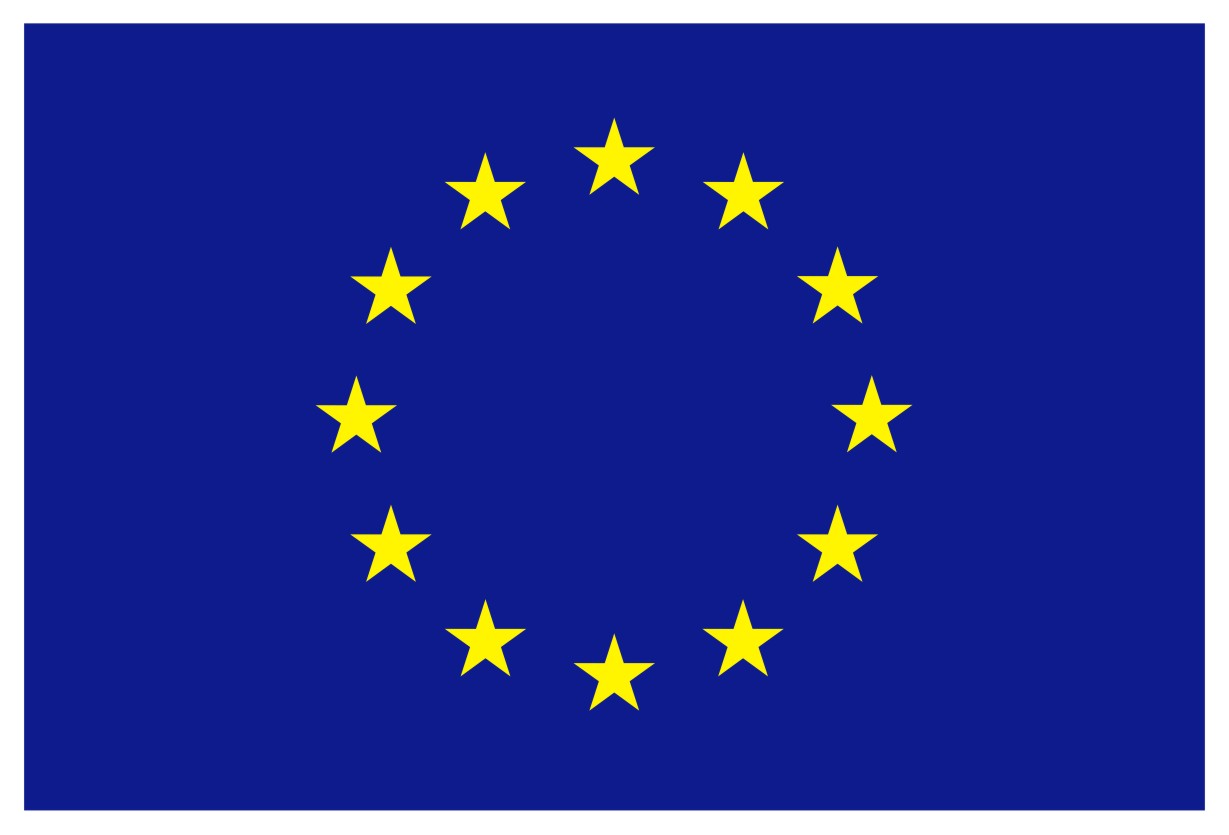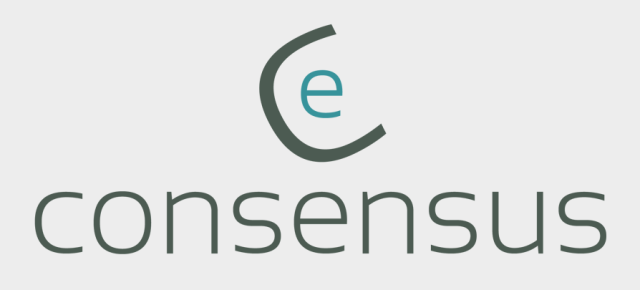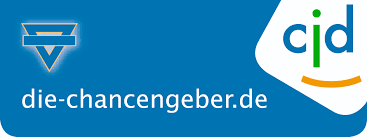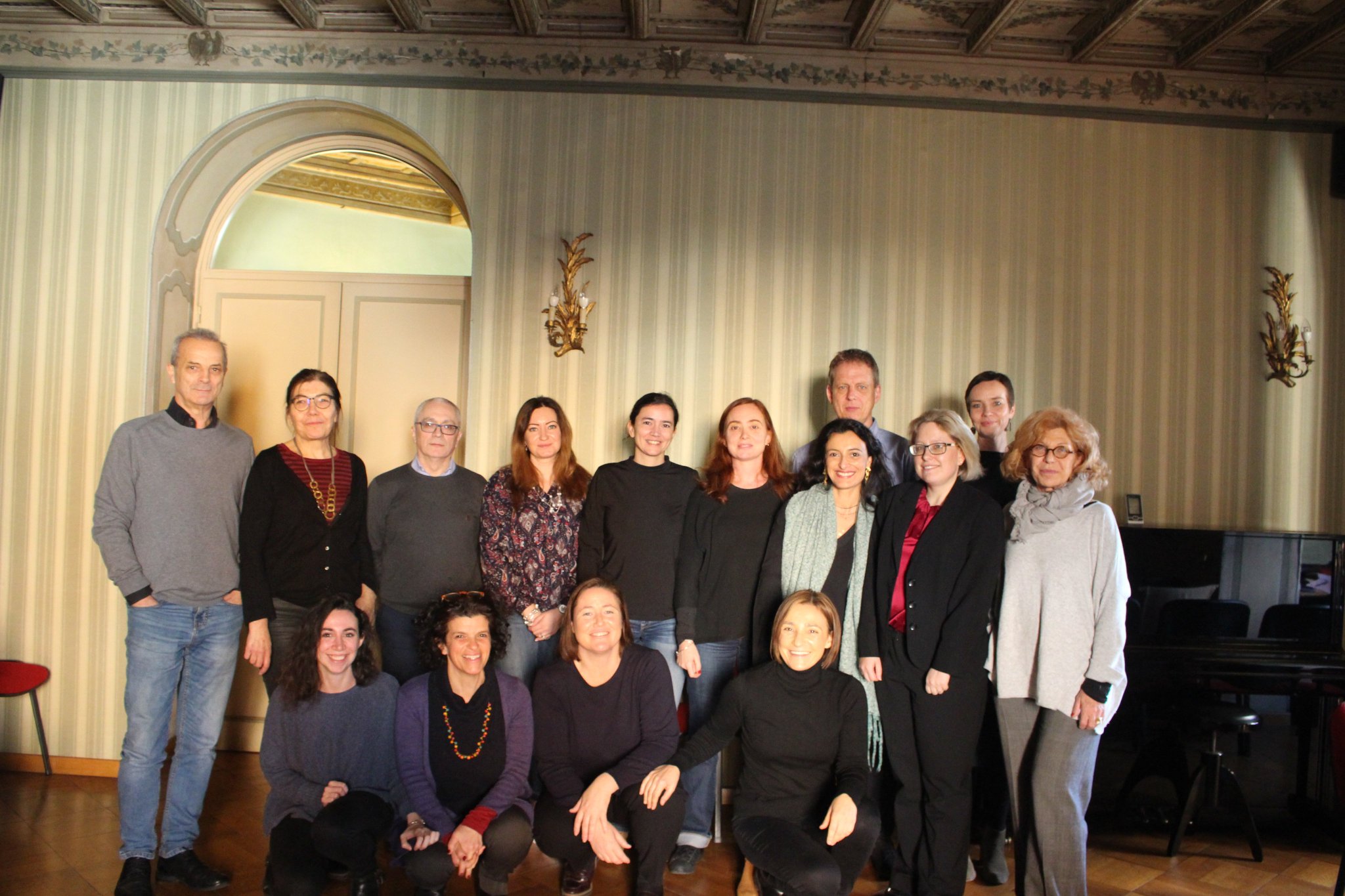PRO.VI – PROTECTING VICTIMS RIGHTS
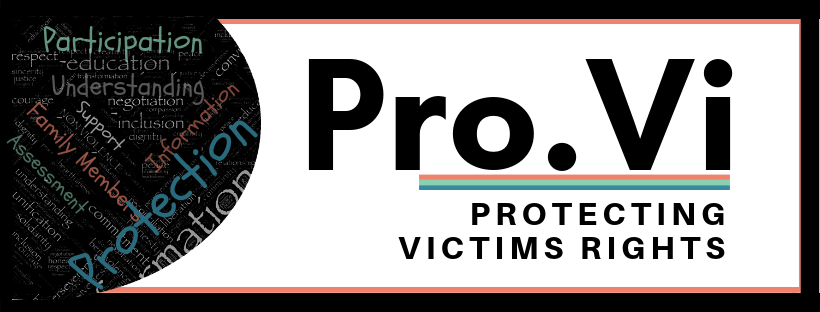
www.protectingvictimsrights.eu
The project “PRO.VI – PROTECTING VICTIMS RIGHTS” is funded by the EUROPEAN COMMISSION – DIRECTORATE -GENERAL JUSTICE AND CONSUMERS (Grant agreement number: 802047 – Pro.Vi – JUST-AG-2017 / JUST-JACC-AG-2017). The project is coordinated by the Psychoanalytic Institute for Social Research (IPRS) in collaboration with Asociacion Consensus (Spain), Universidade Catolica Portuguesa (Portugal), CJD (Germany) and West University of Timisoara (Romania).
The project “PRO.VI – PROTECT THE RIGHTS OF VICTIMS” (@ProVi41981242) intends to complement EU efforts in supporting crime victims in all Member States.
Pro.Vi will thus utilize a two-fold approach – an analytical capacity assessment to serve as the baseline and inform the capacity building activities – that will develop as complementary to, and in synergy with, each other with the overall goal to contribute to the improvement of the European crime victims’ protection system – both in criminal proceedings and of victim support services.
A key role will be played by RJ professionals who already represent forefront service providers in paying attention to victims’ needs. The project’s actions will thus seek to involve the key-professionals in both areas – namely Judges and lawyers, academics, restorative justice practitioners, social workers, psychologists, health professionals, police, and other professionals involved in the victim support service – viewed as extremely complementary to one another. The principle that guides this comprehensive approach lies in the consideration that all professional areas and services working in support of crime victims should share the same view, strategy and aims in order to achieve the most effective possible action.
This project will thus seek to facilitate the EU harmonization process for the protection of victims’ rights by carrying out a capacity building process in five EU countries supported by an analytical capacity assessment. In particular, the project will develop the following activities:
a) Capacity assessment: Project partners will collect qualitative and quantitative data in order to depict a picture of the state-of-art on the victims’ side, verifying the extent to which crime victims are aware of the tools and services available for their protection, and highlighting strengths and potential pitfalls in the judicial proceeding system. The collection of data will include review of existing literature and research; data collection on juridical tools and protection services provided to the victims; interviews with the most relevant actors involved the protection system as well as interviews with adult victims of crime. The aim of these activities will be to: i) Allow for the transnational comparison of the protection tools addressing crime victims across Europe; ii) Collect a set of “lessons learnt” that, along with other available data on crime victims in the respective countries, will be used to develop policy recommendations on appropriate strategies to enhance victims’ protection system in European countries; and iii) Provide an in-depth view of the reality in each country in order to tailor the capacity building activities and information to the situation in each partner country. The direct inclusion of victims of crime in the assessment will help assure that the victim’s perspective is of central focus, especially in relation to issues such as the efficacy of communications regarding rights, access to support and services, as well as the quality and effectiveness of those supports and services.
b) Capacity building: The project seeks to contribute to the implementation of an effective victim support service, in particular by enhancing the capacity of the professionals involved in the restorative justice (RJ) system (e.g., Justice practitioners, social workers, psychologists) to provide effective support to crime victims through engagement in RJ proceedings. To this end, the project will seek to strengthen the capacity of RJ professionals to network and cooperate with different professionals/ services, in addition to providing services such as psychological counselling, practical and legal advice, and other types of information needed by crime victims.
Pro.Vi is innovative in that it strongly believes in the added value that can be brought to the victim protection system by constantly promoting a dialogue between practice (the capacity building of all professionals involved) and academic research and interpretation as well by placing victims at the centre of the services they receive. Effective victim services, especially for vulnerable groups and for those who have experienced significant trauma, need to take into consideration the important of trauma-specific and trauma-informed services in order to reduce the risk of re-victimization and increase service efficacy. The same holds for practices by CJ and other (e.g., medical personnel) professionals in interacting with victims where trauma informed service delivery may be critical to avoiding system inflicted trauma.
Objectives
- To complement European efforts in promoting an efficient crime victims’ protection system and suggest strategies for further development of EU victims’ rights policy.
- To strengthen the capacity of the victims’ protection system in the partner countries (PCs) to support crime victims by:
- Increasing the capacity of restorative justice (RJ) practitioners to support crime victims;
- Increasing the awareness and capacity of justice system practitioners to protect victims’ rights.
- To improve the crime victims’ protection system involving CJ, RJ and victim support (VS) services.
- To enhance crime victims’ understanding of and access to their rights.
Activities
- Capacity assessment of victim support laws, services and practices.
- Capacity building of CJ and RJ professionals in PCs.
- Strengthening of national cooperation networks.
- Transnational meetings to exchange victim protection practices.
- Awareness raising: crime victims’ rights.
Type and number of persons benefiting from the project
- Direct beneficiaries: Judicial staff, Lawyers, Medical staff, Victim support, Police, Local Authorities, National/EU policymakers, Victims.
- Indirect beneficiaries: Professionals as above in the 5 PCs and in other EU countries, Students and academics, Victims and potential victims.
Expected results
- Increase in professionals’ knowledge of EU and national provisions relating to victims’ rights, needs and protection.
- Increase in professionals’ knowledge of victims’ rights and services.
- Greater system capacity to respect victims’ rights.
- Respectful, professional and non-discriminatory treatment of victims.
Meetings:
- 14-16 January 2019. IPRS, Rome (Italy). “I Steering Group e Transnational Advisory Board Meeting”:
The IPRS hosted the 1st Steering Group and the Transnational Advisory Board Meeting in Rome with the participation of the project partners Asociacion Consensus (Spain), Fundatia Pro Prietenia Arad (Romania), CJD-Nord (Germany), Universidade Catolica Portuguesa (Portugal), members of the Transnational Advisory Board – Department of Juvenile Justice and Community (Italy), University of Santiago de Compostela (Spain), Commission for Citizenship and Gender Equality (Portugal), and Ministry of Justice Schlesswig-Holstein (Germany).
- 22-24 may 2019. Universidade Catolica Portuguesa, Porto (Portugal):
- II Steering Group Meeting,
- II Transnational Advisory Board Meeting
- I Experts Meeting
Gallery:


